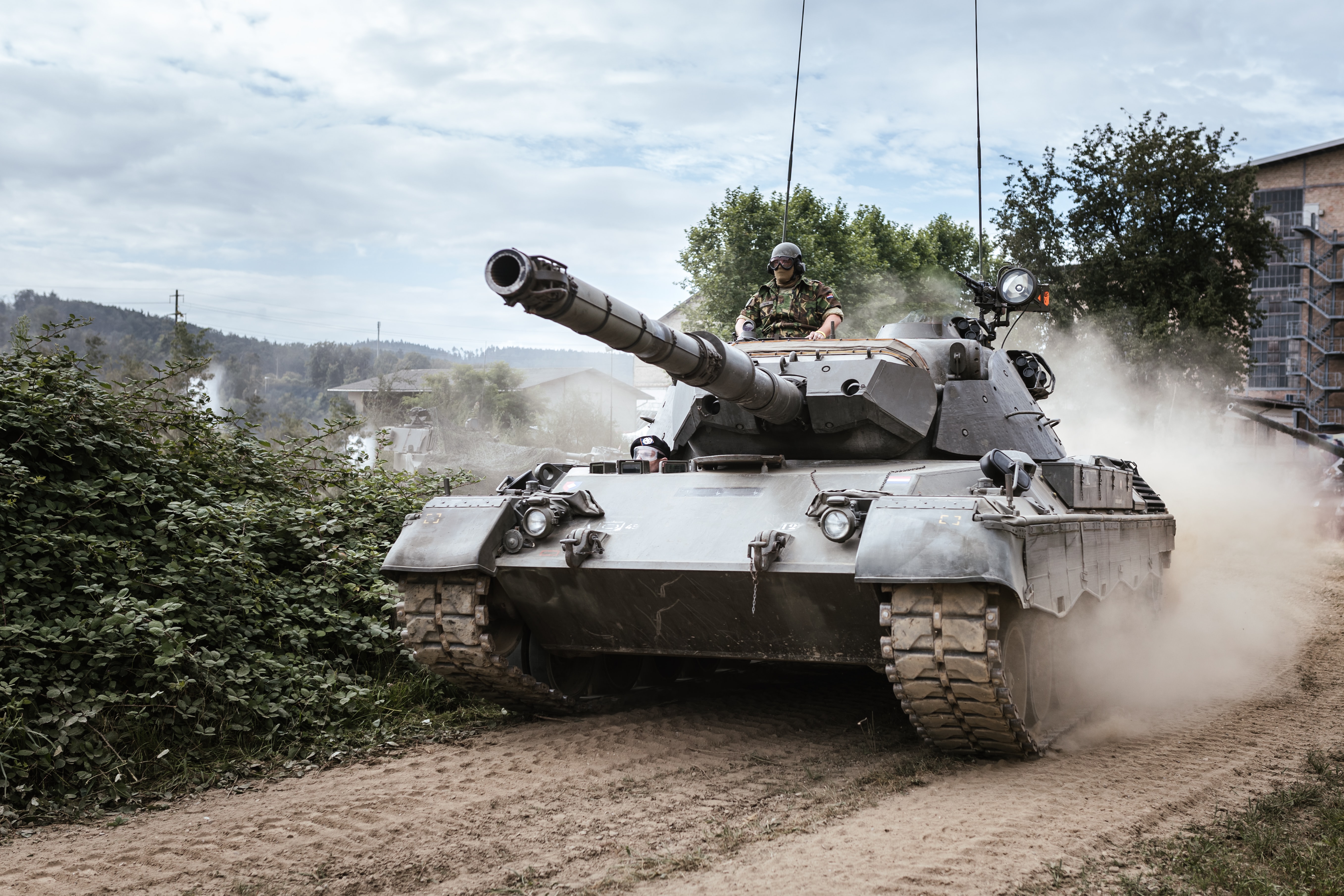Posted: 15 March 2022
Something new on the western front

"War is back on the European grounds," we hear a lot these days. The news follow one another by the hour and, in all likelihood, in a short time the facts will already have surpassed the words written here. There can be "no return to the status quo." The Russian attack on Ukraine has changed the Western world's political, diplomatic, economic and geopolitical balance since the end of the Cold War; this is becoming an unprecedented humanitarian tragedy. Russia will be a different country as well as its relationship with the outside world will differ. The European Union will also be different and the attitude towards security and defense policy will be transformed. Economic and energy policy will change too. Environmental policies will be strengthened, migration policy could be revised just as its slow decision-making apparatus, already shaken by the earthquake of the pandemic, will be forced into more timely action.
One of the main lessons learned with the Russian aggression is that fossil fuels are not only the cause of global warming but are also a weapon, military and geopolitical, that makes us vulnerable and holds us hostage. This war is not a conflict that erupted over the possession of energy resources, but the energy issue is crucial and it is the primary weapon of the Russian advantage; from which Europe has now realized it must disengage to have greater resilience, autonomy and greater control over prices. While the United States is not much affected by this crisis as they are more energy-independent, Europe is subordinated to Russian gas imports.
Over the past 30 years, the European Union received nearly 40% of its gas and more than a quarter of its oil from Russia. Despite the expansion of renewable energy over the past two decades, this dependence increases as countries switch to gas, which is a less polluting source than coal and is seen as the transition source to green energy. Historically, much of Europe has depended on coal for energy and heating. At the same time, European countries' climate goals became increasingly stringent, renewable energy production has more than doubled in the past 20 years and the share generated by nuclear power has declined, especially following the accident at Japan's Fukushima nuclear power plant in 2011. This had led Angela Merkel to close all of the country's reactors and to pursue a bold climate policy with the goal of eliminating coal by 2030. This incident also increased Germany's need for gas, dependent on Russia for over 40% of its national energy needs. The same is true for Italy, which is dependent on Russian gas for over 40% of its energy needs. Also the United Kingdom, despite the production of gas in the North Sea, remains a net importer of gas. France is obviously less involved, given the strong presence of nuclear power.
This war has made it clear that we can no longer depend on a single source and supplier. It is necessary to diversify supply and, above all, to accelerate the transition to renewables, which have already undergone considerable technological developments and must therefore be made increasingly effective on a large scale. Thus, the energy transition, efficiency, and energy-saving are the essential and prior components to address this crisis and achieve the climate goals of the European Union. But, in the short term, to withstand the uncertainty of a situation with unknown and unpredictable outcomes and duration, which could lead to a shortage of gas supplies, there is talk of restarting some coal-fired power plants while contacts are being made with other suppliers of oil and gas in Arab countries.
This is to contain the increase in gas and energy prices already present before the crisis, mainly because of the revival of fossil fuel demand after the pandemic lockdowns and the difficulty of increasing supply after the interruptions of the last two years. With this conflict and the heavy sanctions imposed, the price of oil, gas, commodities and raw materials, has reached historical highs. This pattern is destined to continue over time, with apparent effects on inflation and a possible slowdown in economic growth. To avoid supply bottlenecks, European countries are now working to implement an extraordinary plan that includes the search for different supply sources, a discussion on storage and gas reserves, and the proposal to define a ceiling on energy prices.
Developments are awaited.